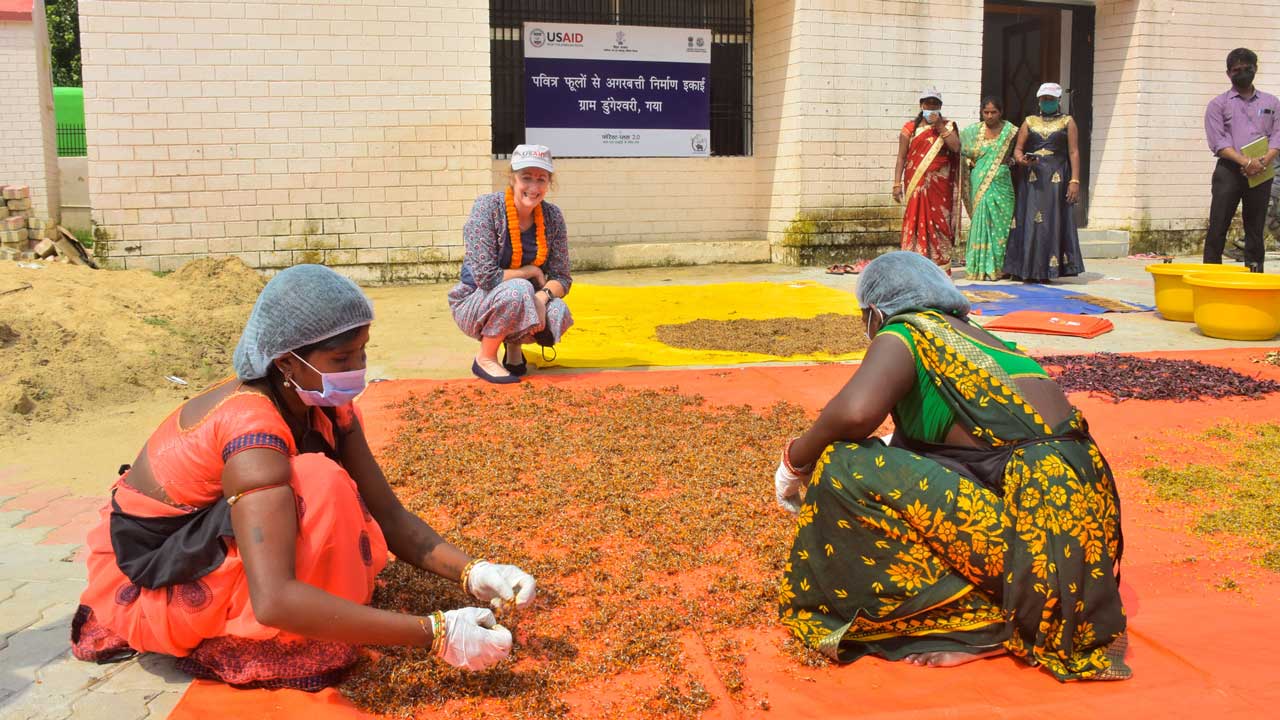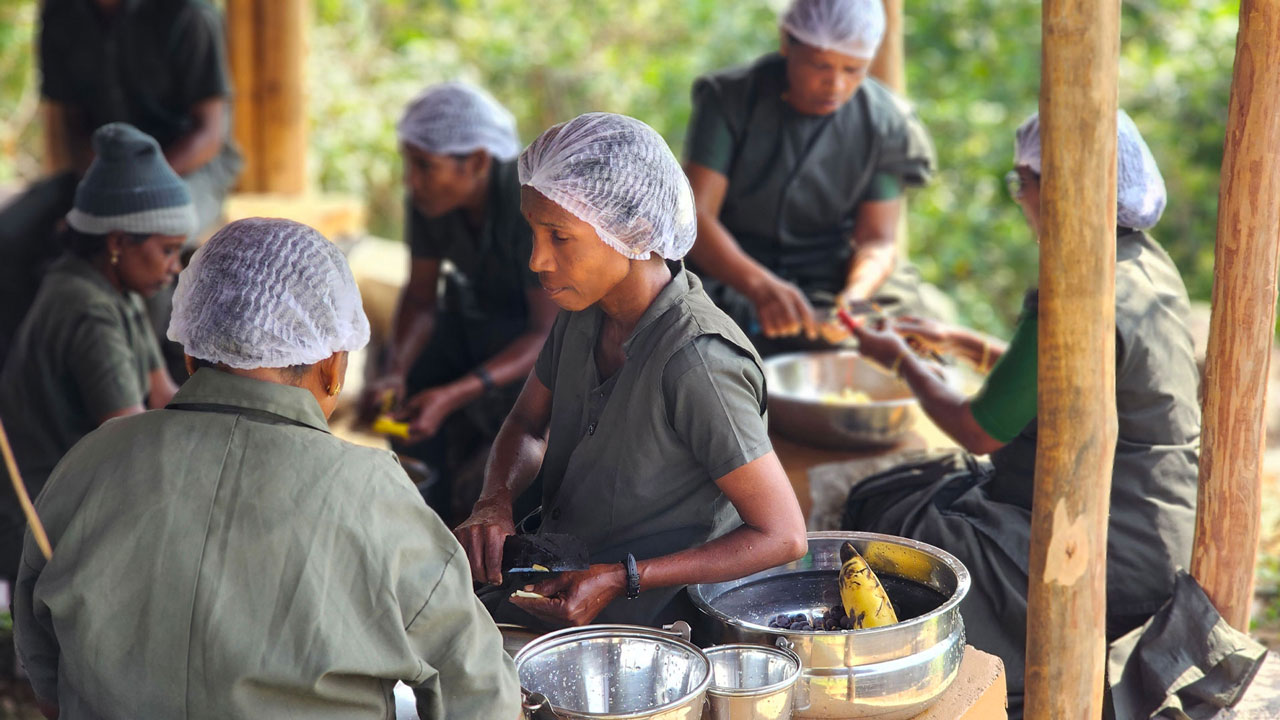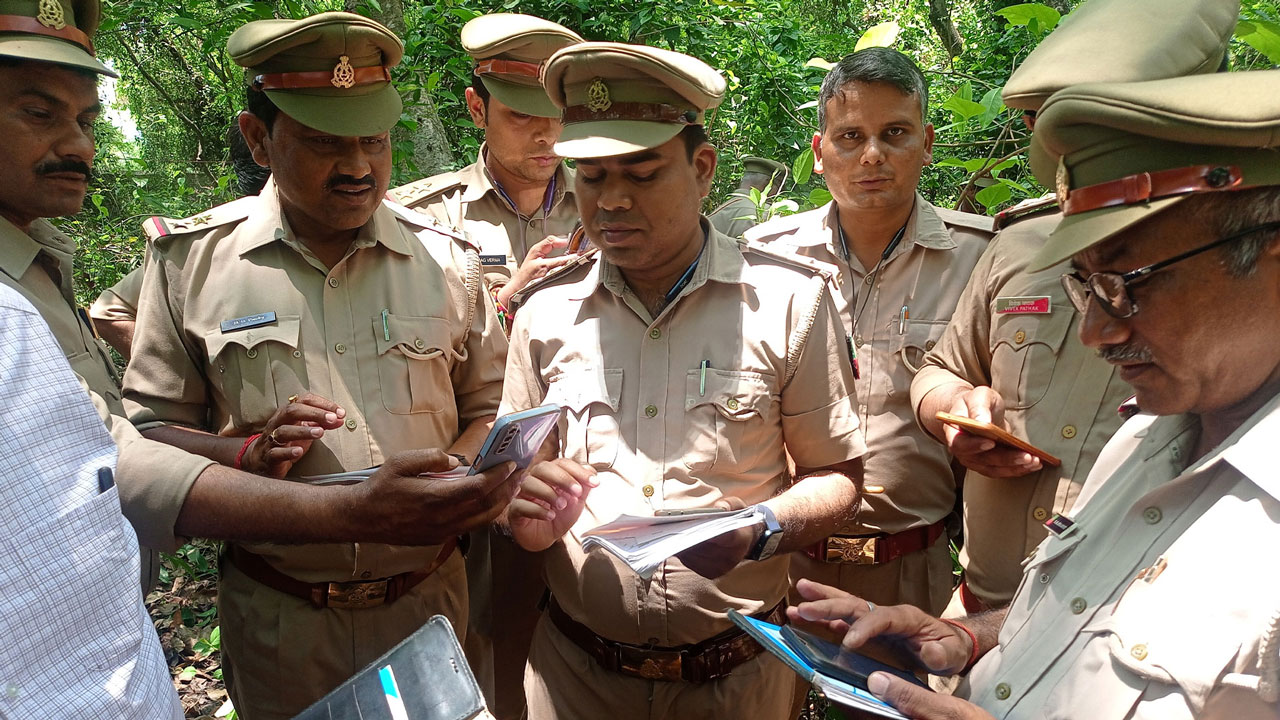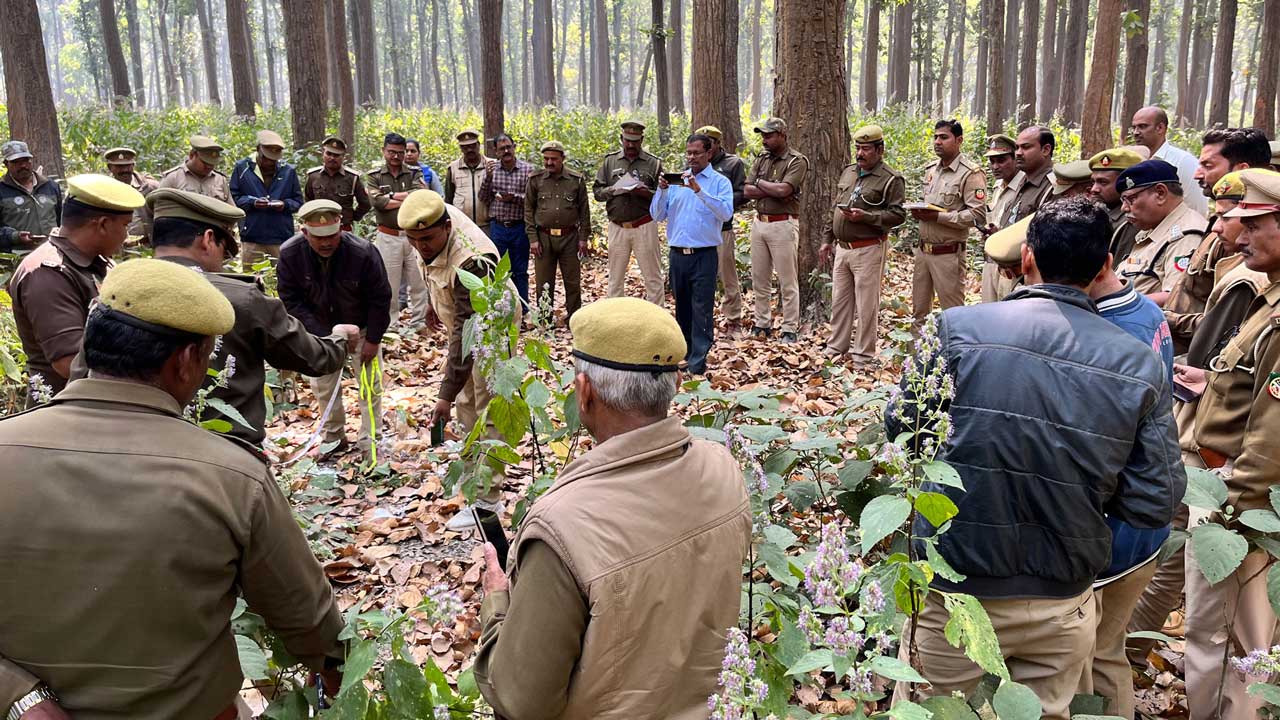
Tetra Tech built technologies to foster an ecosystem approach to conserve forests, improve multistakeholder landscape management, and enhance inclusive economic opportunities in target regions in India.
Healthy forests foster healthy ecosystems—this is a basic foundation of India’s economic growth. Forests are critical for healthy communities, productive agricultural and forest landscapes, cultural values, and ecosystem services that regulate climate, air, and water quality. However, forest management that focuses on individual resources rather than an ecosystem approach that values multiple services contributes to the degradation of these ecosystems and maintains entrenched social inequalities for forest-dependent and tribal communities.
Benefits
- Nearly 4 million hectares of forest under improved management
- Nearly 4.6 million tons of greenhouse gas emissions sequestered or avoided
- Nearly 11.5 million people with improved economic resources
Tetra Tech provided technical assistance to the Government of India and other stakeholders to improve forest management through the five-year U.S. Agency for International Development (USAID) Forest-PLUS 2.0: Forest for Water and Prosperity program. The ecosystem approach to forest management is an important component of broad-based, inclusive, and sustainable economic growth that meets local needs and addresses global environmental challenges.
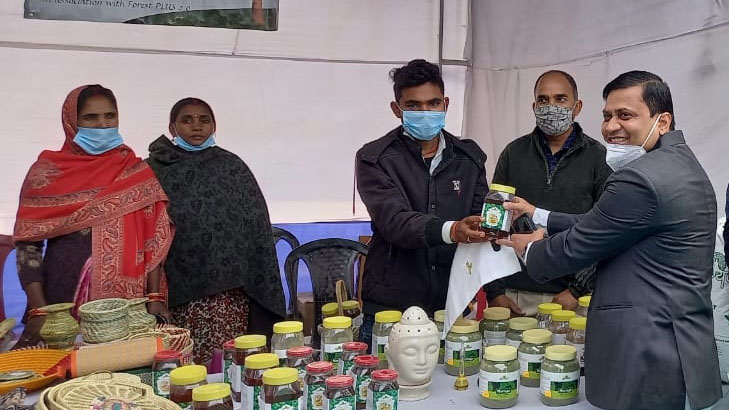
Building on USAID’s Forest Partnership for Land Use Science (Forest-PLUS, implemented by Tetra Tech from 2012 to 2017), the goal of Forest-PLUS 2.0 was to improve forest management in three Indian landscapes for enhanced ecosystem services and increased inclusive economic opportunities. To achieve this, we:
Built a suite of forest management decision-support tools to enhance data-driven decisions.
Forest-PLUS 2.0 developed a technology suite comprising seven technology-based tools, including the flagship tool, the Van system (Van means “forest” in Hindi). Van is an integrated system, including a mobile app and a web portal for forest inventory and ecosystem data collection, which to date has supported forest management plans for more than 4 million hectares of forest.
Enhanced multistakeholder dialogue and decision-making for landscape management.
Forest-PLUS 2.0 partnered with public, private, and community land managers to demonstrate viable, practical, and replicable field models that advance economic and ecological sustainability in landscape management.
Strengthened forest and agricultural value chains in target landscapes.
Forest-PLUS 2.0 has supported community-led enterprises, with a particular focus on indigenous and women-led organizations, to benefit from non-timber forest product value chains like honey production and flowers for incense.
Promoted inclusive participation to overcome gender-specific barriers in forest management decision-making.
Forest-PLUS 2.0 developed a leadership training program to encourage women’s participation in forest management decision-making and equitable access to economic opportunities in forest areas.
We are using the Van system, which is a web-enabled app that is used for collecting data from the sample plots. It is a robust system that should be replicated at the national level. We have upscaled the use of the tool to all 56 forest divisions in Telangana.
Mr. Lokesh Jayaswal, Principal Chief Conservator of Forests (CAMPA), Telangana Forest Department
At a glance
Contract value
$11.5M
Client
U.S. Agency for International Development
Implementation period
2018–2023
Services
Forest management, biodiversity conservation, ecosystem services, inclusive economic opportunity
